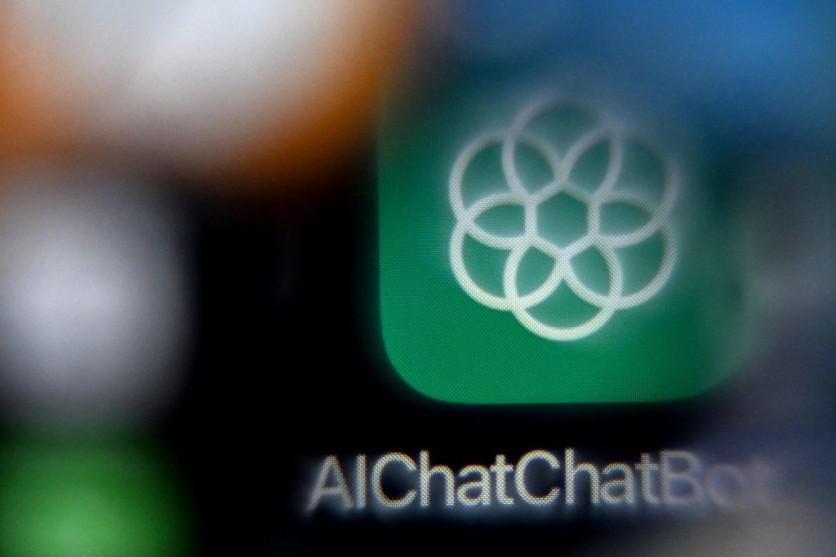ChatGPT, OpenAI's groundbreaking generative AI, marks its first anniversary today, reflecting on a year of transformation and unparalleled growth. Since its launch, ChatGPT has significantly impacted various sectors, earning its place as a game-changer in the field.
Upon reaching out to ChatGPT on its anniversary, it responded warmly, stating, "Thank you! It's been a fantastic year, and I'm here to help with any questions or information you may need. How can I assist you today?" Such a human-like response a year ago surprised many in the tech field, highlighting the rapid improvements in generative AI technology.
According to Axios, when ChatGPT initially launched to the public on November 30, 2022, it was text-only and could provide answers based on training data up to September 2021. Despite being prone to creating fictional facts when unsure, it quickly gained recognition, introducing the term "hallucination" in the AI lexicon. Its powerful capabilities led to an overnight success, described as "scary good" in the days following its release.

A Look Back on ChatGPT's Groundbreaking Journey
OpenAI's decision to release ChatGPT as a "low-key research preview" a year ago aimed to gather data on user interactions to inform the development of future models. What started as a basic, free-to-use, web-based, and chat-focused interface on GPT-3.5 evolved into OpenAI's most popular and fastest-growing consumer app ever, with over 1 million users within the first five days, per TechCrunch.
In the months following its launch, ChatGPT expanded its offerings with paid tiers, catering to enterprise customers. It received upgrades, including web searching, document analysis, and image creation capabilities via DALL-E 3. Leveraging in-house models for speech recognition, voice synthesis, and text-image understanding, ChatGPT gained the ability to "hear," "speak," "see," and take actions.
ChatGPT became OpenAI's top priority, serving not just as a standalone product but as a development platform with broader applications. Its impact reverberated across the AI landscape, influencing the focus of other AI firms and research labs. Despite not being considered an AI breakthrough by some experts, ChatGPT achieved a significant milestone as a "user experience breakthrough," bringing generative AI into the mainstream.
Challenges Along the Way
ChatGPT's journey is not without challenges. Researchers raised concerns about ChatGPT being misused for massive disinformation campaigns and its potential for generating phishing emails, spam, and malware. These worries prompted European policymakers to mandate security assessments for products utilizing generative AI systems, like ChatGPT. Over 20,000 signatories, including Elon Musk and Apple co-founder Steve Wozniak, supported an open letter urging an immediate pause on large-scale AI experiments, emphasizing the need for caution and scrutiny.
Additionally, OpenAI faced internal turmoil with a boardroom battle days before ChatGPT's first anniversary, resulting in the abrupt removal and return of CEO Sam Altman. The organization, along with Microsoft, is entangled in lawsuits from copyright owners like John Grisham, George R.R. Martin, and Jonathan Franzen. According to Reuters, these lawsuits allege the misuse of their work for training AI systems, a claim vehemently denied by the companies involved.
While facing challenges, including limitations and biases, ChatGPT remains a pivotal player in shaping the future of AI.
As ChatGPT celebrates its first anniversary, it stands as a testament to the transformative power of generative AI. Its innovative journey paves the way for the following wave of technological advancements, especially in the constantly changing field of artificial intelligence.
Related Article : OpenAI's Sam Altman Returns as CEO with Microsoft Securing Board Seat

ⓒ 2025 TECHTIMES.com All rights reserved. Do not reproduce without permission.




